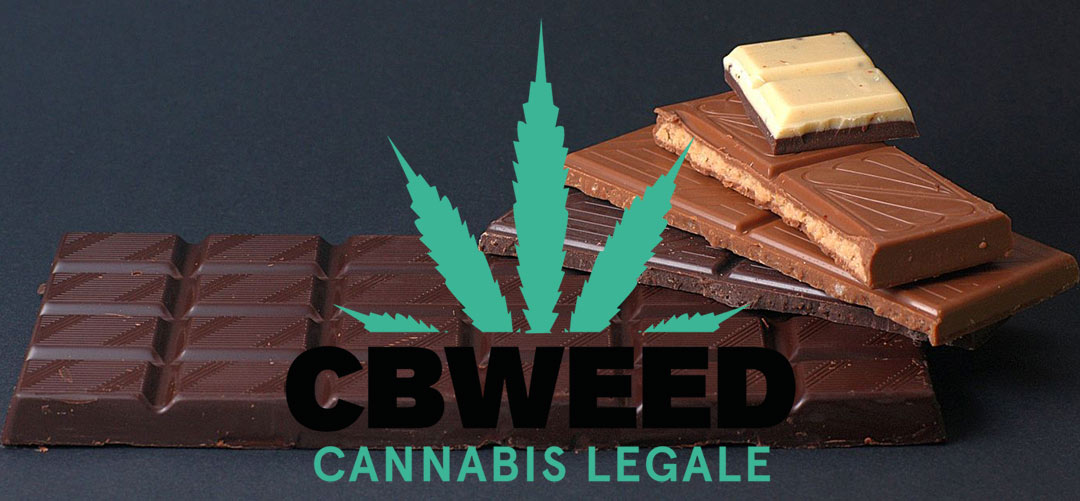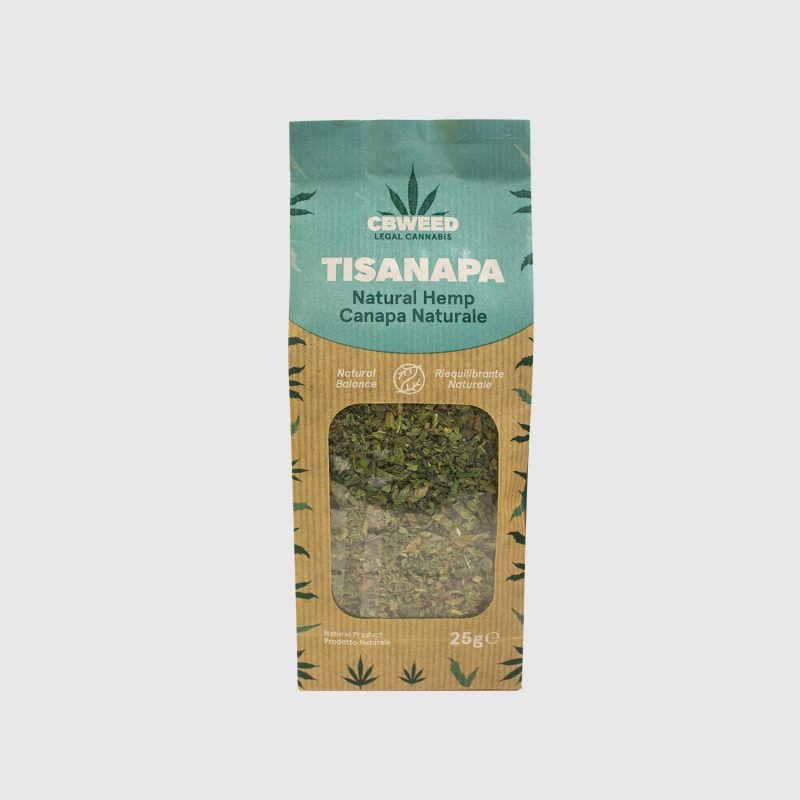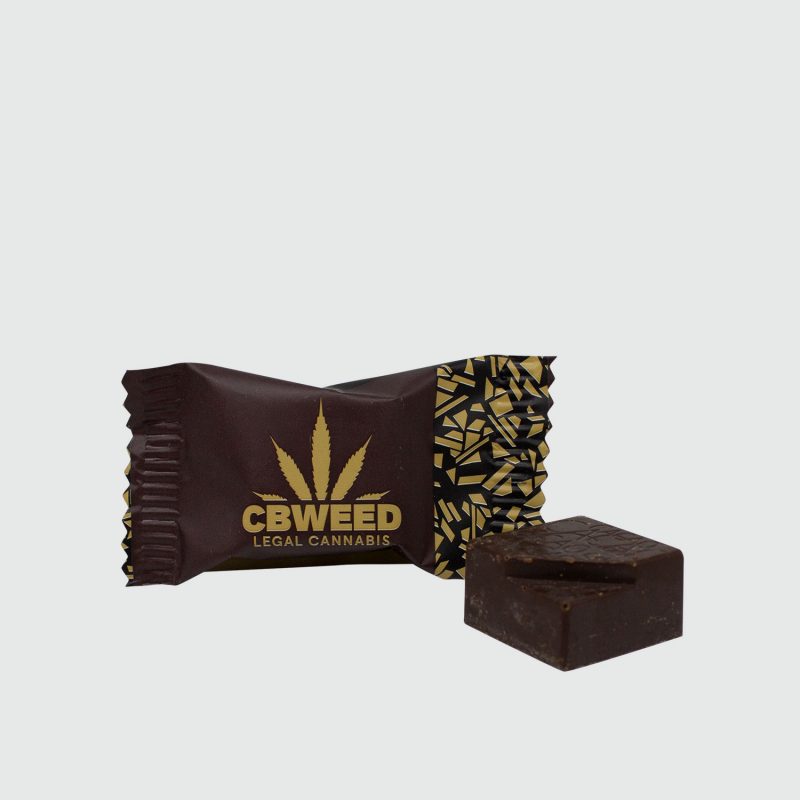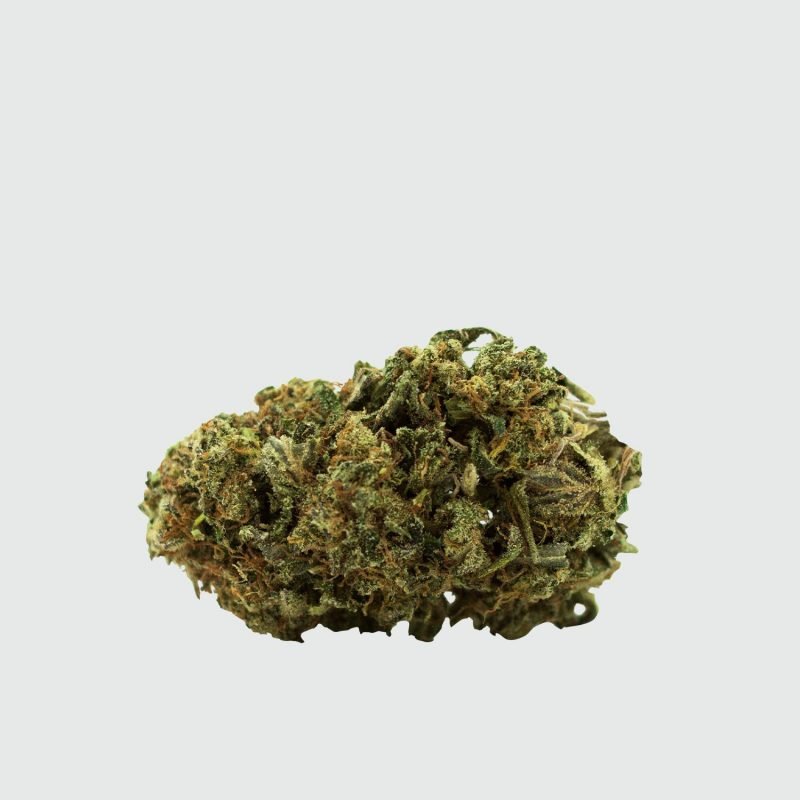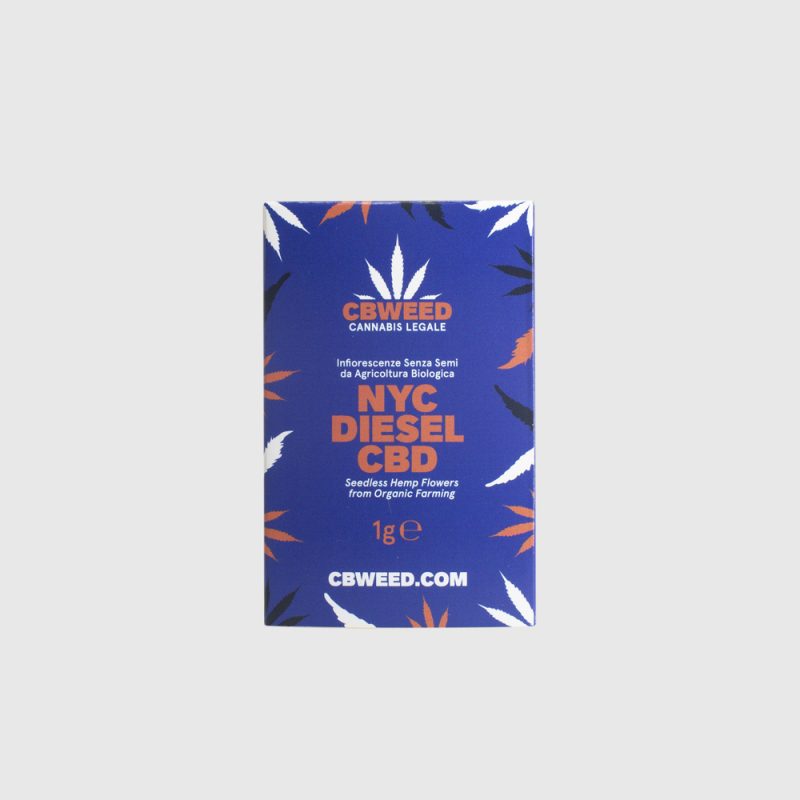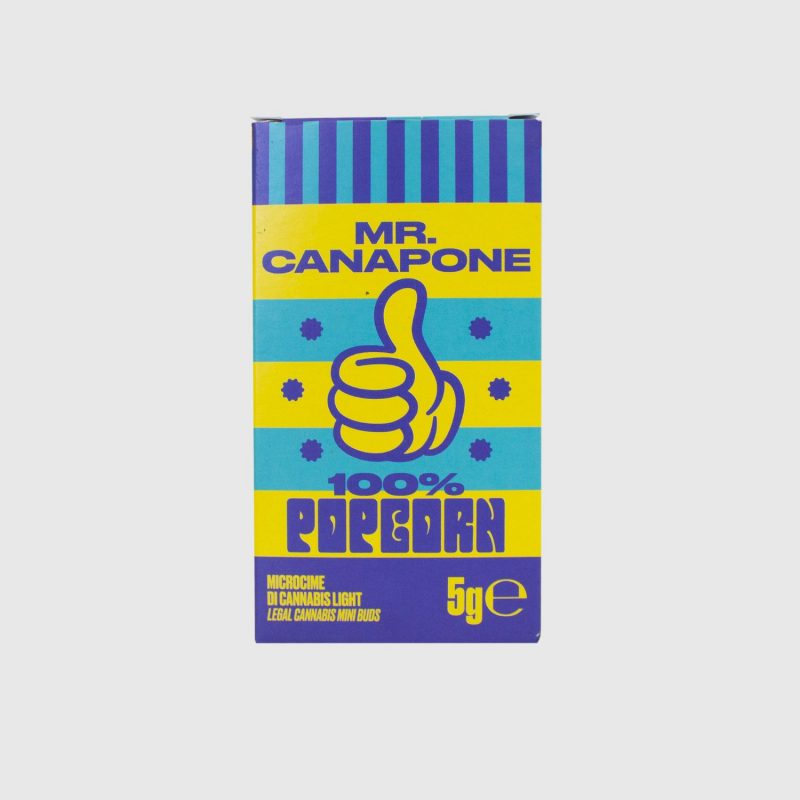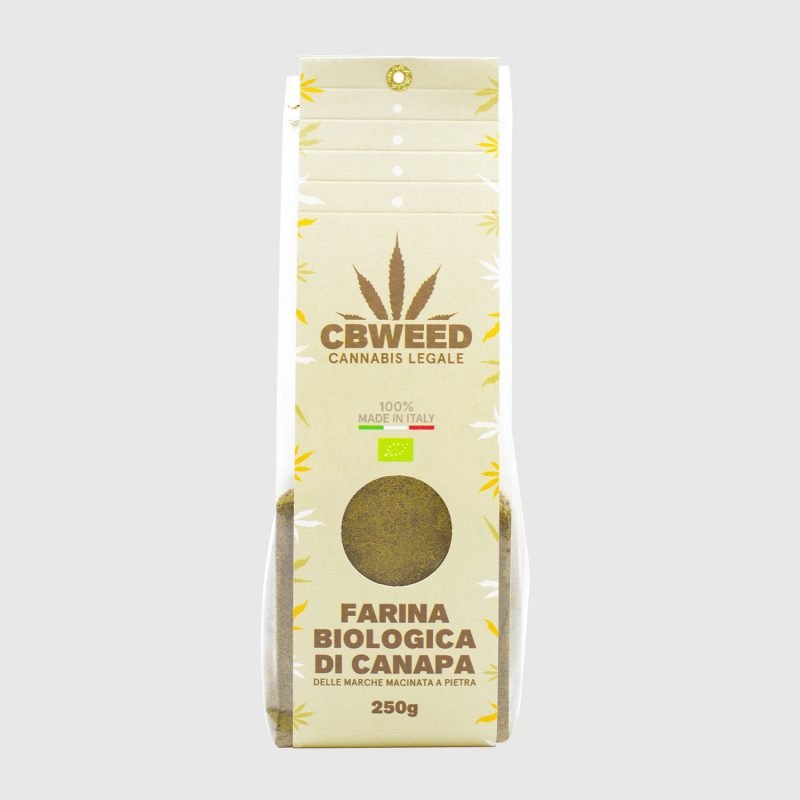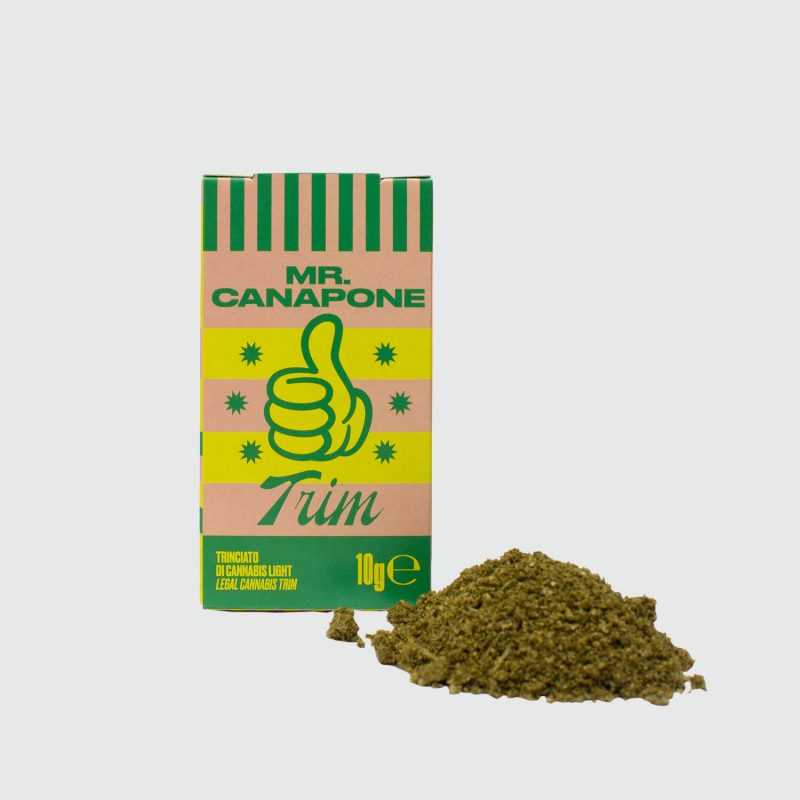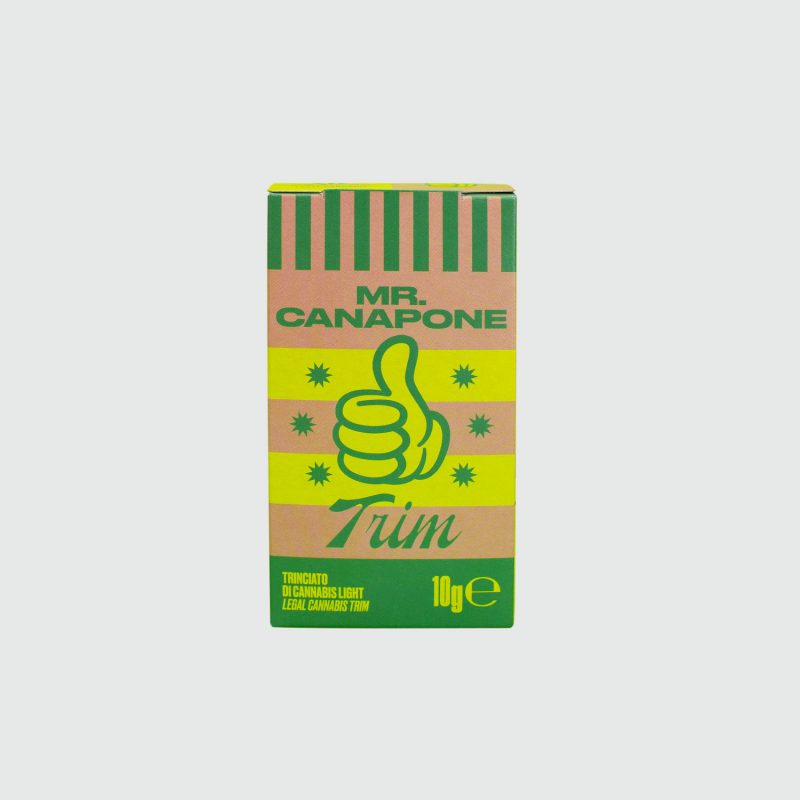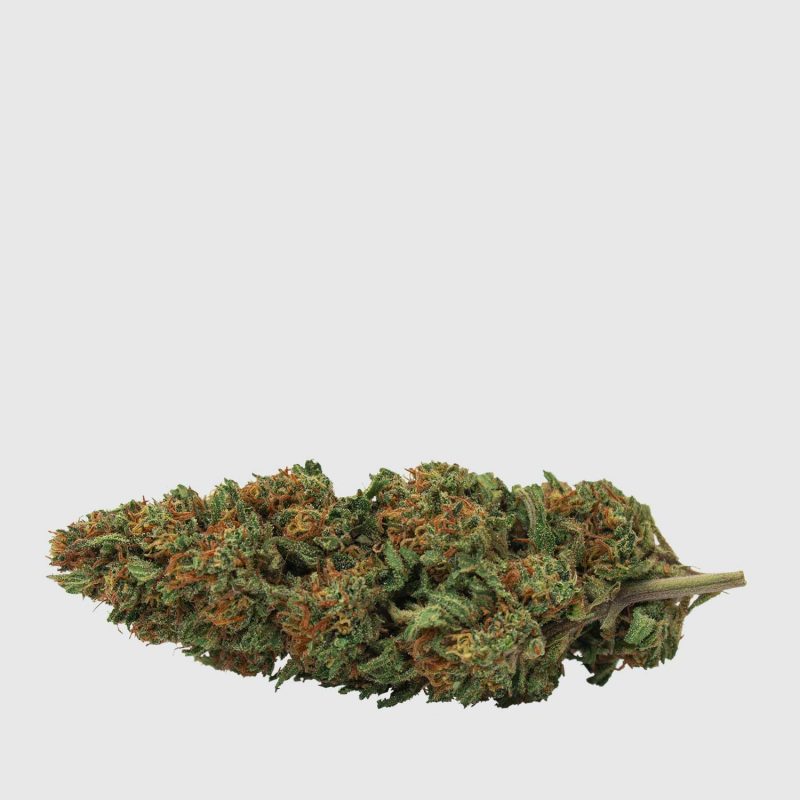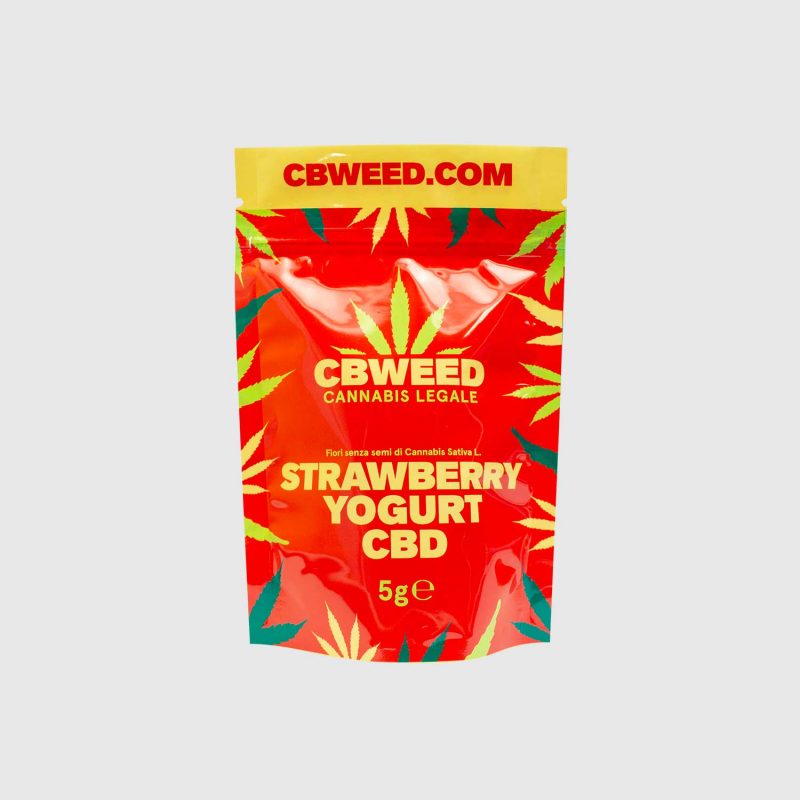Is chocolate is more addictive than Cannabis Light?
Is Cannabis addictive? No, it’s not. Chocolate is.
The boom of cannabis and cannabis light has created a real fuss, opening the Pandora’s box of know-it-all politicians who see in the hemp plant as the germ of perdition. These people are very focused on demolishing a phenomenon that they do not understand and do not accept scientific explanations, medical or expert opinions of the case. Their warhorse on the dangers of cannabis light (and often also on the therapeutic one) mainly concerns the addictive factor, which in their (inexperienced) opinion would be the only consequence of its use.
For the sake of this plant and of information we want to address the alleged dependence on cannabis light, so much heralded by its detractors, putting together opinions of experts and scholars who have formed (and certainly not by reading on Facebook) on the topic.
You may also be interested in:
What is CBD? Some clear information about the CBD molecule
What is chemical and psychological addiction?
In the medical field a substance induces an addiction when the subtraction of the above creates in the body a chemical imbalance that induces a negative physical response that manifests itself with the obvious symptoms of abstinence: tremor, muscle spasms, myalgia, nausea, vomiting, diarrhoea, elevation of temperature, tachycardia, psychomotor agitation up to delirium. It is a very specific syndrome that, depending on the abused substance, manifests itself with more (opioids, exciters, alcohol …) or less (nicotine) intensity at the suspension of intake.
However, we agree that, in addition to the purely chemical aspect, there is also an “other” factor, much more difficult to frame and also to control: psychological addiction.
But what determines if a substance or a behaviour induces psychological addiction? What triggers an emotional addiction in a person’s mind? In all cases when a substance triggers a reaction of chemical addiction, a psychological response is automatically established (linked to the fact that the mind knows the pain induced to the body by abstinence and also the sense of relief produced by the abuse and wants to avoid it). The fear of suffering and the need to find relief for the body, therefore, lead to a very strong psychological addiction.
But there is also the psychological addiction on substances (or behaviours) that do not trigger physical reactions of abstinence and is usually connected to the pleasant reaction that consuming a product induces in our body. Usually, this positive reaction does not induce dysfunctional behaviours but, in subjects with psychiatric problems, psychological and personality disorders, a form of psychological addiction can develop towards something that is considered beneficial or pleasant.
Cannabis as a remedy against addictions
The public opinion considers cannabis as a substance with a high risk of addiction: well, this assumption is false, and it is even more so if we talk about cannabis light (where the THC level is controlled and does not give psychoactive effects in the subject). At a chemical level there are no mechanisms that induce the body to abuse or that stimulate a continuous request for introduction of the substance, such as for example nicotine; a study published in 2013 by a group of researchers from the University of California in San Francisco compared the consumption of cannabis (non-light) and cigarettes in young people and reported a substantial difficulty in quitting cigarette smoking while cannabis use is being tackled by young people consumers with much more ease.
Cannabis, rather, can cause a psychological addiction precisely because of its relaxing effect. The cannabis light that is rich in CBD (the cannabinoid that has a relaxing, anti-inflammatory and pain-relieving effect) for this reason the brain understands its consumption as a pleasant gesture and can induce a frequent desire to experience this pleasure/relief. But think about it: is it not the same for a massage, the hug of a loved one or a bar of chocolate when you feel down? Of course, a person with a precarious psychological balance could abuse cannabis light, just as they could abuse chocolate, but was this food outlawed for its goodness? Also, bingeing on foods with high sugar content is potentially more dangerous than developing an intense consumption of cannabis light, for which no contraindications of any kind have been found.
Even in the United States there have been created recovery centres for opiate and alcohol employees in which people can be helped to overcome the physical and psychological symptoms of abstinence through the consumption of marijuana, whose relaxing effect without serious contraindications is much more effective and safer than using painkillers and tranquillizers.
The cannabis light is less likely to create health problems and addiction that can develop a drug of common use such as Advil, or a sweet food very delicious like chocolate. It’s not our personal opinion, science says it. For those who still have doubts and for those who love to deepen their knowledge, we recommend reading this text produced by the National Academy of Sciences that collects 10,000 scientific reports on the effects of cannabis in the medical field, a complete overview of the scientific literature on cannabis until 2017.


 Italiano
Italiano

